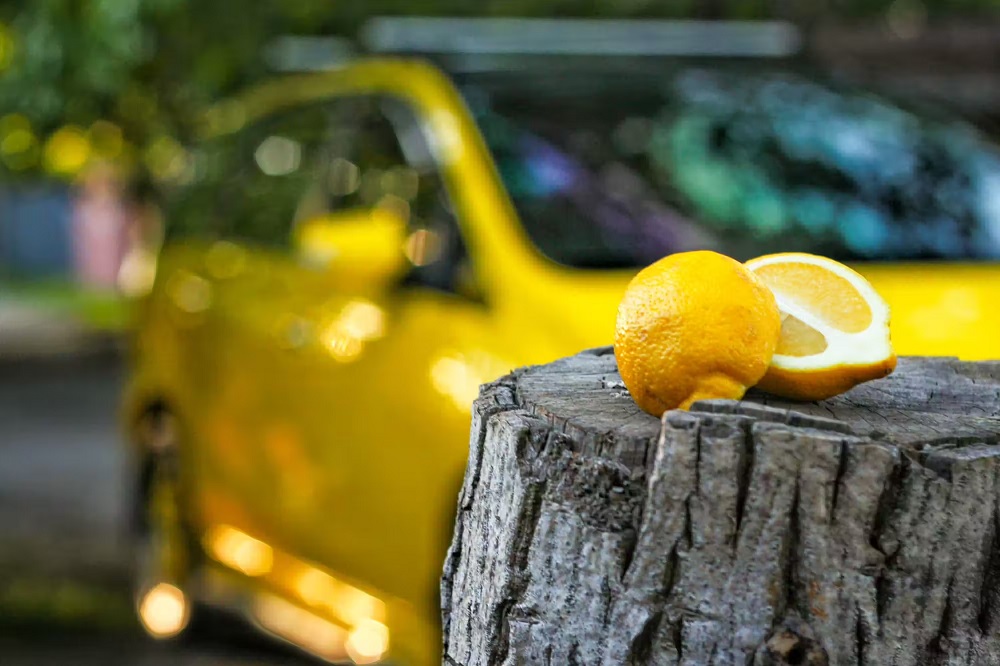Car trouble is stressful. When a dealer or manufacturer cannot fix a recurring defect, it is easy to feel stuck with a vehicle you cannot rely on. If you drive in California, the lemon law may give you a path to a refund, replacement vehicle, or cash settlement when your car simply will not stay fixed.
In 2025, car technology, electric vehicles (EVs), and state rules are evolving quickly. Understanding your rights helps you push back before you accept “that’s normal” as an answer from the service department.
What qualifies as a “lemon” in California?
California protects buyers and lessees whose vehicles have severe defects that affect safety, use, or value and cannot be repaired after a reasonable number of attempts. Your vehicle may qualify as a “lemon” if:
- The same problem has been repaired several times, only to keep coming back.
- The car spends long stretches in the shop for covered repairs.
- Safety-related defects, like brake or steering issues, are not fully resolved.
Both traditional gas-powered vehicles and newer EVs and hybrids can qualify, provided the manufacturer’s warranty covers them and the defect is substantial.
What is changing in 2025?
Recent updates have tightened timelines and formalities for bringing a claim. Drivers now face clearer, shorter deadlines to act and may need to send a written notice to the manufacturer before pursuing specific penalties in court. You cannot wait indefinitely, even if your warranty technically runs longer; acting within the required time windows — and keeping excellent records of every repair visit — is critical.
EVs, hybrids, and high-tech cars
EVs and modern vehicles rely heavily on complex electronics and software. Battery performance, charging systems, driver-assist technology, and over-the-air updates all introduce new opportunities for something to go wrong — and sometimes stay wrong, even after repeated repair attempts.
Common problem areas include:
- Rapid battery range loss or charging failures
- Sudden shutdowns or “limp mode” events while driving
- Glitchy infotainment systems or driver-assist features
Because many service departments are still catching up on EV-specific training, repairs can be slow or repeated without a permanent solution. When that happens under warranty, this legal framework can help you pursue a buyback or other compensation.
How to protect your rights
If you suspect your car might qualify as a “lemon,” a few simple steps can make a big difference:
- Document everything. Save repair orders, texts, and emails with the dealer or manufacturer. Note dates, mileage, and symptoms.
- Check the wording. Ask the service advisor to clearly describe your complaint, not just “the customer states noise.”
- Track time in the shop. Prolonged or repeated repair visits strengthen your position.
- Get legal guidance early. A short consultation can clarify whether your situation meets California’s standards and what to do next.
Under California’s lemon law, manufacturers — not consumers — are typically responsible for paying reasonable attorney’s fees when a case succeeds. That makes it easier for everyday drivers to get legal help without adding more financial stress.
Why work with a focused California firm?
Because these cases are state-specific and constantly evolving, it pays to work with a practice that handles them every day. A focused team will understand which vehicle models are generating the most claims, how judges and manufacturers are responding to newer EV and software-related defects, and how to build a substantial settlement or buyback request.
About Seven Law Group
Seven Law Group is a California firm that concentrates on helping drivers get maximum value for defective cars, trucks, SUVs, RVs, and other vehicles. Through its website, the firm offers free case reviews, clear explanations of the process, and practical guides for owners dealing with repeat repairs.
One of the most significant advantages of working with Seven Law Group is that eligible clients do not pay the firm directly out of pocket. Under California consumer protection statutes, the manufacturer is generally required to cover reasonable legal fees when a case is successful, allowing drivers to pursue their rights without sacrificing a portion of their buyback just to pay a lawyer.
With a deep focus on California cases and a track record in negotiating with major automakers, Seven Law Group gives frustrated vehicle owners a practical way to move forward — from constant breakdowns and repair visits to a resolution and the chance to drive something they can trust again.

